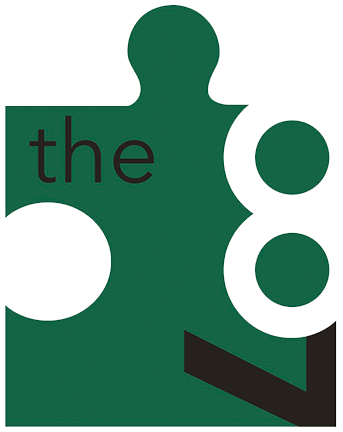Field Notes: Queer Vertigo by Sita Balani
1.
To be queer in 2019 is to experience a kind of vertigo. It is to not know left from right. Beneath the nod of legal protection, the showy condemnation of homophobia, and the smooth gloss of Netflix shows, something bloody and sinuous writhes. I feel it move underneath under my feet, I feel its tug and its weight and its slippery crimson mass. Beneath the rainbow, the war machine.
2.
I spent my entire education under Section 28, which said that homosexuality was a perverted facsimile of righteous heterosexual love. Now this degenerate copy, this pretended family relation, this sickness, this strangeness has been rediscovered as the great original, the future from which they can descend reborn.
3.
When June rolls around, you cannot move for rainbow flags. Walking along the Strand on a humid Tuesday, the air is thick with corporate logos shrieking in fresh block colour stripes. It a roiling feed of sponsored content. A rainbow flag used to mean a gay bar. In a new city, a pride flag in a pub window meant the promise of fellow travellers, of sugary pop music and old queens propping up the bar, of gruff lesbians playing pool in the backroom and drag with no name at the weekend. It meant the tantalising possibility of sex. Now it means Pret a Manger, Boots, H&M, Topshop, HSBC. It means it’s June. *
4.
The new school queers, the baby queers, the post-gay-marriage queers, the straight queers. I don’t know what to call them but I know them when I see them. They don’t have even a touch of the spinster about them. They were not born on a shelf in the rare books library, as Janis Ian sings. They will be happy. They better be.
5.
Gay marriage was a knock at the door, three sharp raps like a social worker. It was irresistible, not because we all wanted it, but because, coming from on high, we could not resist. Of course, many did want it – they signed the petitions, wrote to their MPs, went to the marches – and were vindicated in their wanting. And those of us who didn’t want it – who rolled our eyes and ignored the petitions and wrote facebook updates about heteronormativity and assimilation – wanted it too, or so it seemed by the time our friends invited us to their weddings.
6.
Gay people on tv and gay people in prisons, gay people on location, location, location and gay people sleeping on the streets. Get married, get fucked by 6 men at a chemsex party, get harassed on the street. Call the police. Be a hero, be a victim, be an influencer. March at pride against the lesbians who are marching against trans people who’ve got their own march now anyway. Disrupt the march, disrupt the disruption, apply for a permit, apply for a grant. Gay wedding planners, gays in the EDL, gays for brexit, gays for brunch. All the cool straight people are too queer for pride and lie in the sunshine drinking red stripe at queer picnic. All the dykes are on holiday. Everyone is on instagram. Why is everyone so young now, why is everyone gay now, is anyone even gay anymore, when did we get so old?
7.
Let me tell you a story about the moment I lost my place on the map. I was in The Tiger in Camberwell in 2013, on a date with my then-girlfriend. A young man interrupted our conversation – excuse me, sorry, but are you two lesbians? – and I rounded on him. My anger had been deposited in me by men like him, and I gave it back to him piece by piece. I had brought him close to tears before he could explain that his sister was gay and his parents didn’t know and he wanted to ask our advice. In my shame I bought him a glass of red wine and spilled half of it down the sleeve of my crisp white shirt. I looked into his blue eyes for the rest of the night, trying to sort innocence from guilt.
* Zinzi Minott’s Carving Space Newsletter, 22nd June 2019
Sita Balani is a lecturer in contemporary literature and culture at King's College London. In her research and teaching, she explores the relationship between imperialism and identity in contemporary Britain. Her work has appeared in Boundless, Feminist Review, Identity Theory, Open Democracy, the Verso blog, and Vice. She lives in South East London. @sitainshort

